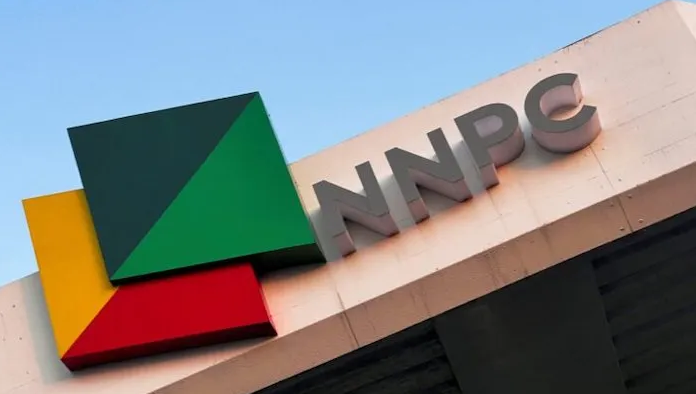The Nigerian National Petroleum Corporation (NNPC) has finally admitted that its outstanding debts to oil traders are a major factor in the ongoing petrol scarcity across the country. This admission comes after weeks of denials and mounting public frustration over fuel availability.
The NNPC had previously denied owing oil traders a $6.8 billion fuel subsidy debt, claiming that there were no such outstanding payments. However, recent reports have revealed that the corporation’s failure to settle these debts has led to disruptions in fuel supply chains.
“NNPC Ltd. Has acknowledged recent reports in national newspapers regarding the company’s significant debt to petrol suppliers. This financial strain has placed considerable pressure on the Company and poses a threat to the sustainability of fuel supply,” said NNPC spokesperson Olufemi Soneye.
“In line with the Petroleum Industry Act (PIA), NNPC Ltd. Remains dedicated to its role as the supplier of last resort, ensuring national energy security. We are actively collaborating with relevant government agencies and other stakeholders to maintain a consistent supply of petroleum products nationwide,” Soneye added.
The impact of the petrol scarcity has been felt across Nigeria, with long queues forming at filling stations and prices soaring to unprecedented levels. In Port Harcourt, as observed by Capital TV, fuel prices have reached as high as N940 to N1,000 per liter, placing a significant burden on consumers and businesses.
The NNPC’s statement on Sunday confirmed the reports of supply disruptions caused by outstanding debt obligations to oil traders. While the corporation acknowledged the situation, it failed to disclose the exact amount owed to these traders. This lack of transparency has further fueled public skepticism and distrust.
The NNPC’s admission of its debt to oil traders has raised serious concerns about the corporation’s financial management and its ability to secure adequate fuel supplies for the country. The ongoing fuel scarcity has had a devastating impact on the economy, as businesses struggle to operate and consumers face rising costs of living.
The transportation sector has been particularly hard hit, with commuters facing long delays and increased transportation costs. This has had a ripple effect on other sectors of the economy, as businesses struggle to deliver goods and services on time. The agricultural sector has also been affected, as farmers face difficulties transporting their produce to markets.
The fuel scarcity has also contributed to inflation, as businesses pass on the increased costs of fuel to consumers. This has further eroded the purchasing power of Nigerians and made it difficult for many families to meet their basic needs.
The government must take urgent steps to address the NNPC’s debt obligations and ensure a stable fuel supply. This could involve negotiating payment plans with oil traders, increasing domestic refining capacity, or exploring alternative fuel sources. Failure to do so will continue to harm the Nigerian economy and erode public confidence in the government’s ability to manage the country’s resources.
In addition to addressing the immediate crisis, the government must also implement long-term solutions to prevent future fuel shortages. This could include reforming the NNPC to make it more efficient and accountable, diversifying Nigeria’s energy sources, and investing in infrastructure to improve fuel distribution.





